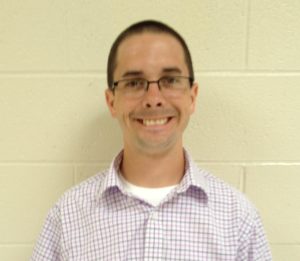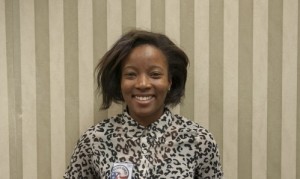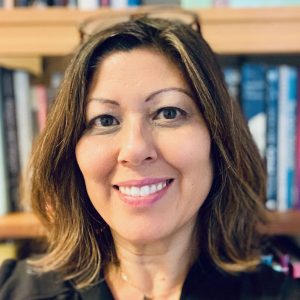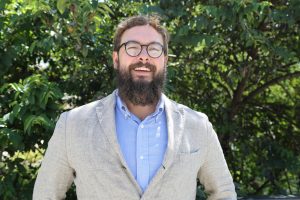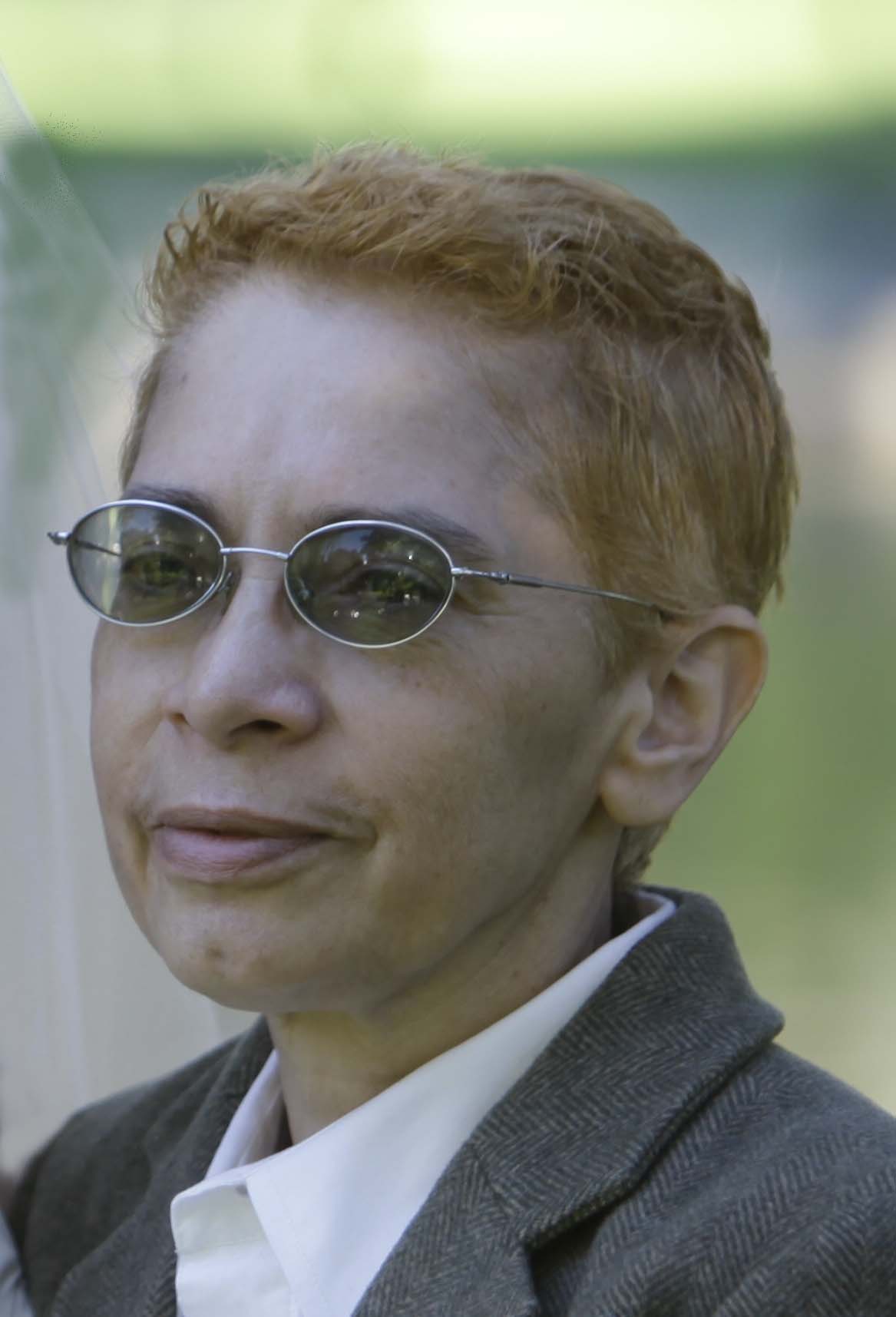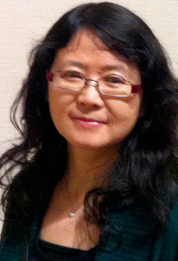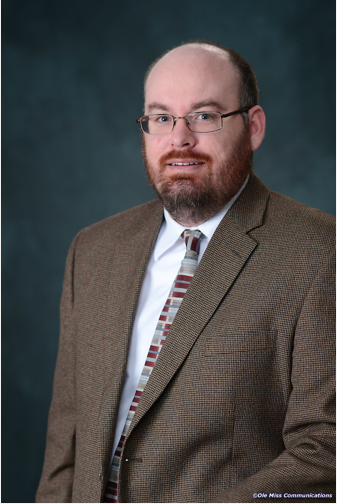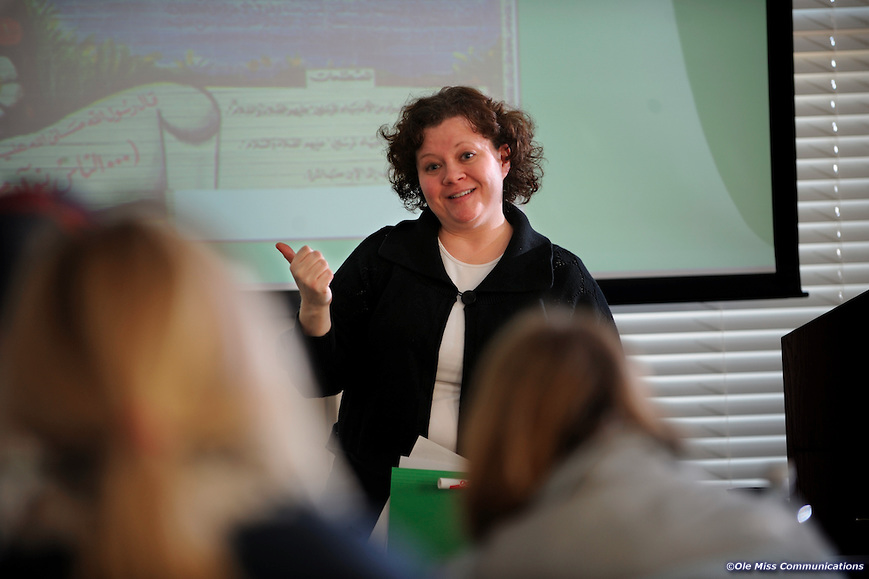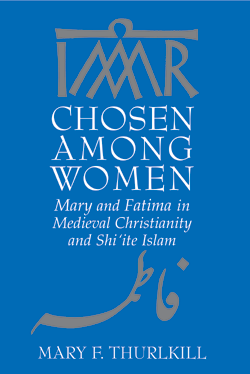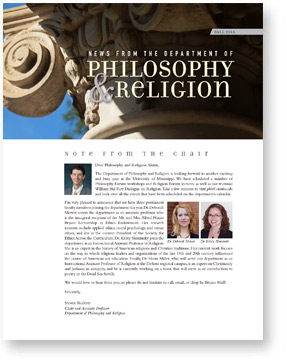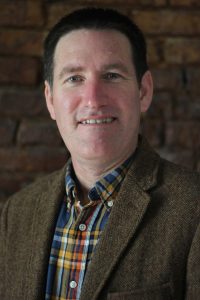
Instructional Assistant Professor of Religion
DeSoto Student Services Center, Suite I | 662–393–9290 | stmille1@olemiss.edu
Ph.D., Florida State University
Professional Background
After finishing my B.A. at Liberty University (1999), I received my first M.A. from the Hebrew University of Jerusalem (2003) and my second from McGill University (2005). I matriculated at Florida State University in 2007 and completed my Ph.D. in 2012. Before joining the faculty at the University of Mississippi in 2014, I was an Adjunct Professor of Religion at Florida State University for two years.
Teaching and Courses Offered
REL 300 Comparative World Religions
REL 310 The Hebrew Bible and Early Judaism
REL 312 New Testament and Early Christianity
REL/PHIL 351: Philosophy of Religion
REL/PHIL 360: Science and Religion
REL 366 Sex, Gender, and the Bible
REL 370 Introduction to the Dead Sea Scrolls
REL 372 Rise of Christianity
REL 375: Christianity in America
REL 385 Western Mysticism
REL 386 Religion and Film
REL 395 Special Topics: Jesus and the Gospels
REL 395 Special Topics: Revelation
REL 395 Special Topics: Angels and Afterlife in Christianity and Judaism in Antiquity
REL 395 Special Topics: How the Bible Became a Book
Research Interests
Broadly speaking, my interests focus on Christianity and Judaism in Antiquity. In particular, my research concentrates on orality studies, performance criticism, memory studies, and media criticism of the Dead Sea Scrolls and the Jewish Literature of the Second Temple period.
Publications
Dead Sea Media: Orality, Textuality, and Memory in the Scrolls from the Judean Desert. Studies on the Texts of the Desert of Judah 129. Leiden: Brill, 2019.
“Oral Tradition and the Dead Sea Scrolls” in Oral Tradition 33/1 (2019): 3-22.
“Traditional History and Cultural Memory in the Pesharim” in Journal for the Study of Judaism 50 (2019): 348–370.
“‘Sectual’ Performance of in Rule Texts” in Dead Sea Discoveries. 25 (2018): 15–38.
“Role of Performance and Performance of Role: Cultural Memory in Hodayot” in Journal of Biblical Literature. 137 (2018): 359–382.
“Multiformity of Stichographic ‘Systems’ in the Dead Sea Scrolls” in La Revue de Qumrân 29 (2017): 219–245.
“A Scribe Speaks: The Oral Register of Scribal Practices as Reflected in the Dead Sea Scrolls” in Kleine Untersuchungen zur Sprache des Alten Testaments und seiner Umwelt 22 (2017): 75–100.
“Multiformity” in The Dictionary of the Bible in Ancient Media. Edited by T. Thatcher, Chris Keith, Raymond Person, and Elsie Stern. London: T & T Clark, 2017.
“Performance Arena” in The Dictionary of the Bible in Ancient Media. Edited by T. Thatcher, Chris Keith, Raymond Person, and Elsie Stern. London: T & T Clark, 2017.
“Communicative Economy” in The Dictionary of the Bible in Ancient Media. Edited by T. Thatcher, Chris Keith, Raymond Person, and Elsie Stern. London: T & T Clark, 2017.
“תמך ‘to hold, support,’” in Theologisches Wörterbuch zu den Qumrantexten. Edited by H.-J. Fabry and U. Dahmen. Stuttgart: Kohlhammer, 2016.
“The Oral-Written Textuality of Stichographic Poetry in the Dead Sea Scrolls” in Dead Sea Discoveries 22 (2015): 162–188.
Book Reviews
Review of Lloyd, M. Performances of Ancient Jewish Letters: From Elephantine to MMT. Dead Sea Discoveries 24 (2017): 162–164.
Review of Penner, J., Penner, K., and C. Wassen, eds. Prayer and Poetry in the Dead Sea Scrolls and Related Literature: Essays in Honor of Eileen Schuller on the Occasion of Her 65th Birthday. Dead Sea Discoveries 21 (2014): 116–118.
Review of Lange, A., Weigold, M., and J. Zsengeller, eds. From Qumran to Aleppo: A Discussion with Emanuel Tov about the Textual History of Jewish Scriptures in Honor of his 65th Birthday. Dead Sea Discoveries 20 (2013): 162.
Review of Raymond, E. New Idioms Within Old: Poetry and Parallelism in the Non-Masoretic Poems of 11Q5 (= 11QPsa) Dead Sea Discoveries 19 (2012): 237–38.
Review of Petersen, A., et al., eds. Northern Lights on the Dead Sea Scrolls: Proceedings of the Nordic Qumran Network 2003-2006. Journal for the Study of Judaism 42 (2011): 107–08.
